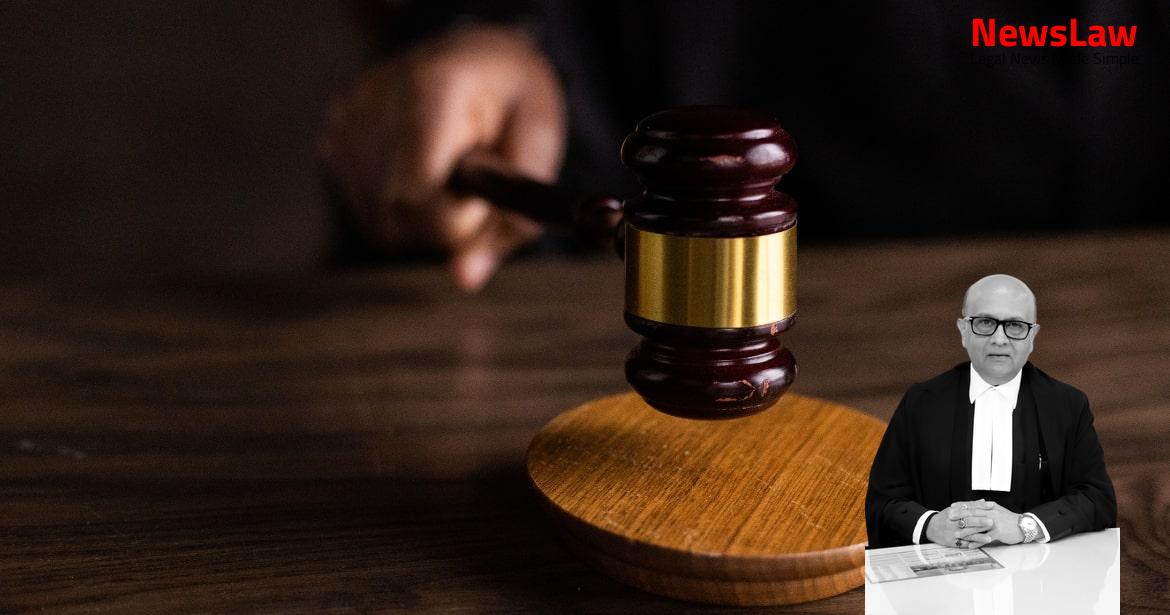In a recent landmark judgment, the Supreme Court of India ruled on a compensation and interest dispute between buyers and developers. The case involved issues regarding delays in possession, refund of amounts paid, and the applicable interest rate. The court addressed the concerns raised by the buyers in Consumer Case No. 1557 of 2016, offering clarity on the legal obligations of both parties. Read on to understand the implications of this ruling and its impact on similar cases in the real estate sector.
Facts
- The complainants-appellants addressed two letters to the Developer inquiring about the completion of construction and possession handover, without receiving a response.
- An additional sum of Rs. 3,00,000/- was paid for a mandatory covered car parking space in the tower.
- Subsequent demands for VAT were paid by the complainants-appellants.
- Total price of the flat was determined to be Rs. 1,28,24,525/- at Rs. 7105/- per sq. ft.
- The construction was to be completed within 30 months of commencement with a grace period of 6 months.
- A ‘Construction Linked Payment Plan’ was chosen by the complainants-appellants.
- Various sums were paid by the complainants-appellants from 2008 to 2013 as per demands.
- Halt in construction was discovered in June 2015 by the complainants-appellants.
- An enquiry was made regarding the completion timeline and compensation for the delay in possession.
- Developer assured completion and compensation as per Agreement terms but did not address specific queries.
- Complaint was filed before the Commission seeking refund and compensation.
- Consumer Case No. 1557 of 2016 was partly allowed by the Commission.
- Costs of Rs. 1 lakh were awarded in relation to the mentioned case.
Also Read: Examination of Jurisdiction: State of Bihar vs. Union of India Case
Arguments
- Shri Sanjay Jain, counsel for the complainants-appellants argued that the proforma agreement heavily favored the respondent-Developer.
- He contested that the interest rate of 9% per annum was not in accordance with the law.
- Shri Jain further pointed out that the flat purchaser was subject to a higher interest rate of 24% per annum for delays, while the developer only had to pay 12% per annum.
- He suggested that the interest rate should have been 24% per annum for parity.
- Shri Jayant Muth Raj, senior counsel for the respondent-Developer, defended that the project delay was not intentional and questioned the logic of imposing a higher interest rate on the flat purchaser.
- He maintained the stance that the interest rate of 9% per annum was justified.
- Shri Jain criticized the Commission’s decision of awarding 9% interest per annum, highlighting the agreement clause allowing 24% interest for delays in payment by the flat purchaser.
- The respondent-Developer argued that the project delay was due to the delay in sanctioning plans by the Delhi Development Authority.
- They claimed that this delay fell under the force majeure clause of the contract, exempting them from liability for interest payment.
- The respondent-Developer stated that even at a rate of 9%, interest should not be imposed as per the force majeure provision.
- Based on these arguments, the respondent-Developer contended that they should not be held liable for interest payments in this case.
Also Read: Review Petition filed by Landowners against State of Haryana
Analysis
- Delay in sanctioning layout plans does not qualify as force majeure.
- The case of DLF Home Developers Limited v. Capital Greens Flat Buyers Association is referred to support this stance.
- The project was delayed inordinately
- The Commission rightly directed the Developer to refund the entire amount deposited by the complainants
- The Commission was not justified in awarding a lesser interest rate than agreed upon in the Agreement
Also Read: State vs. Selvamani: Upholding Fair Trial Conduct
Decision
- Unpaid amount to be paid within three months from the date of judgment.
- Interest to be paid at the rate of 12% per annum from the date of deposit till the date of refund.
- Interest of 12% per annum should have been awarded as per clause 7(b) of the Agreement.
- Direction for refund of entire amount deposited by the complainants-appellants is upheld.
- Appeal is partly allowed.
- Pending applications, if any, are disposed of.
- Complainants-appellants suffered due to delayed possession despite making full payment.
Case Title: VIDYA Vs. M/S PARSVNATH DEVELOPERS LTD. (2024 INSC 557)
Case Number: C.A. No.-008985 – 2022



